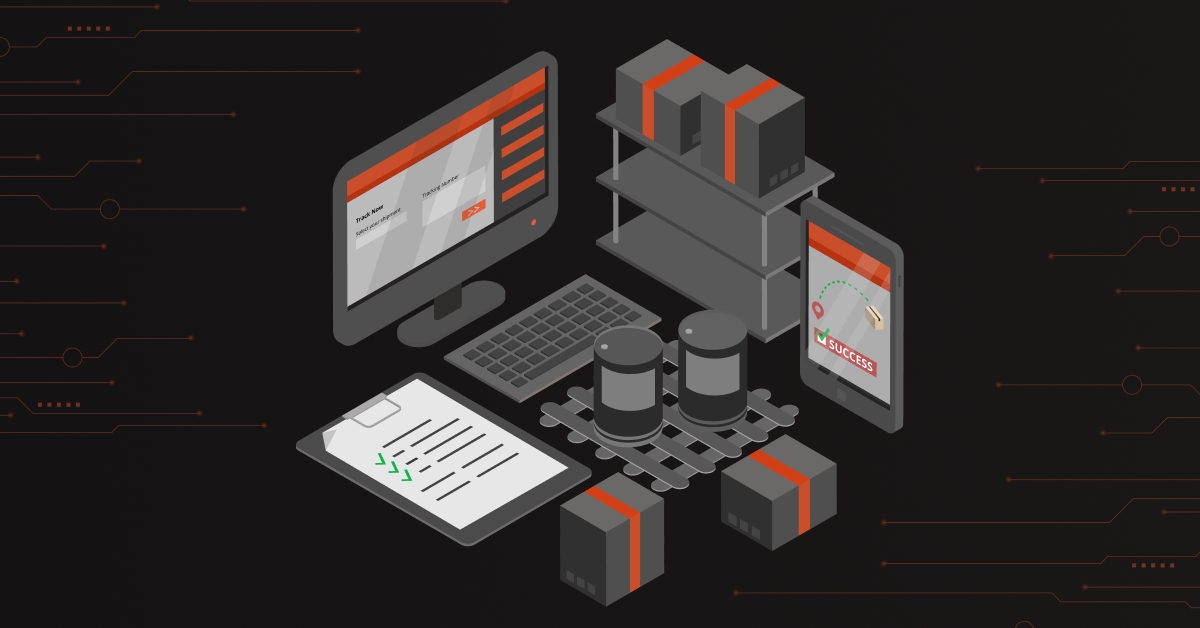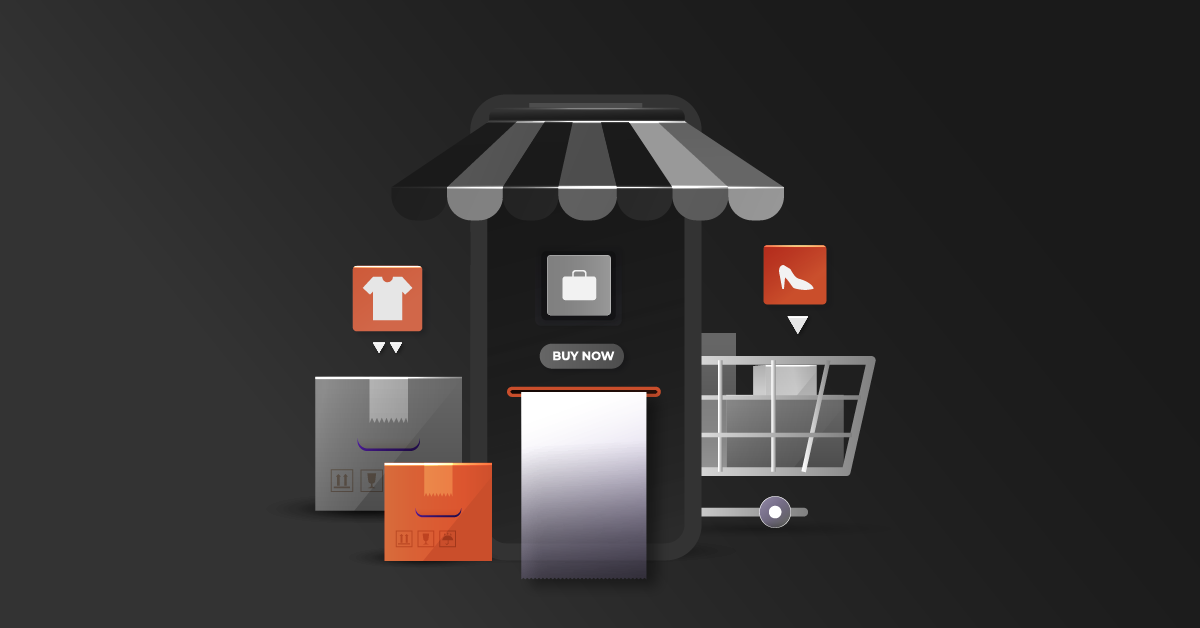
April 22, 2024
How Automated Order Fulfillment Elevates Business Operations
Let’s say you’re ordering a new laptop online. Instead of people rushing around…
RESOURCES









No Spam. No Politics. No Fluff. No Noise.